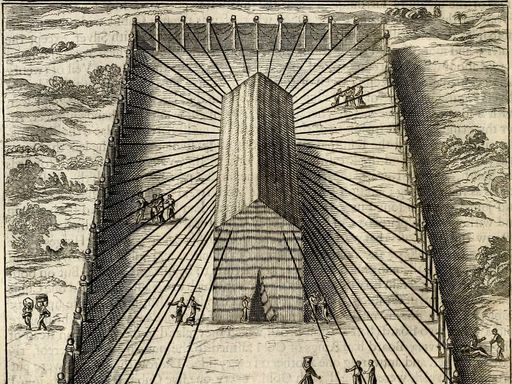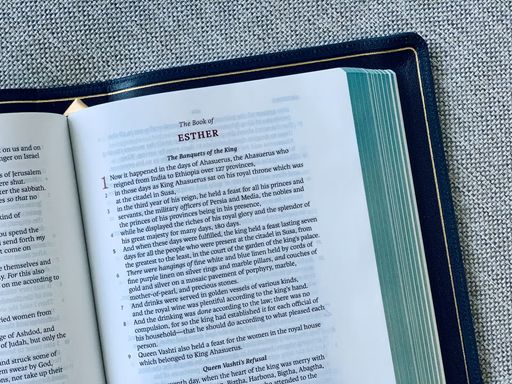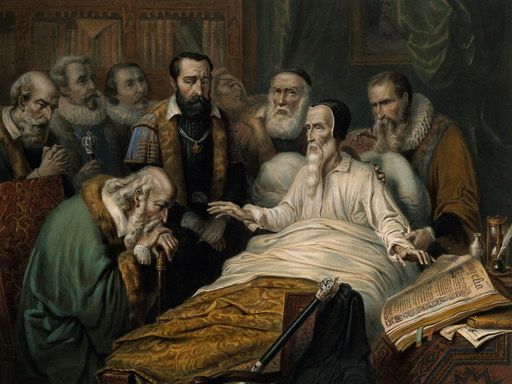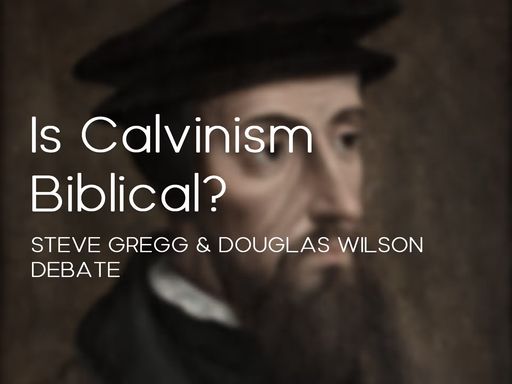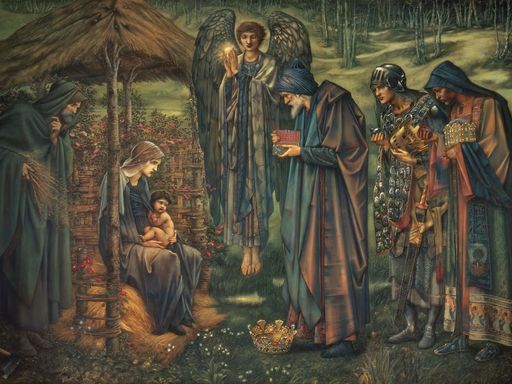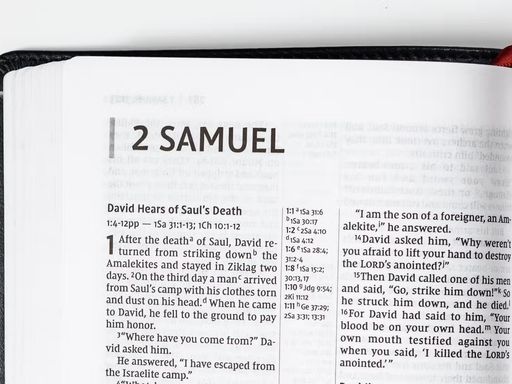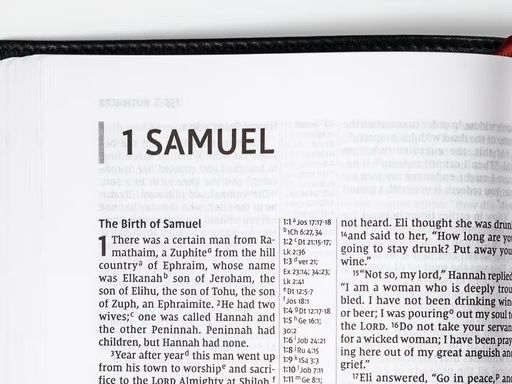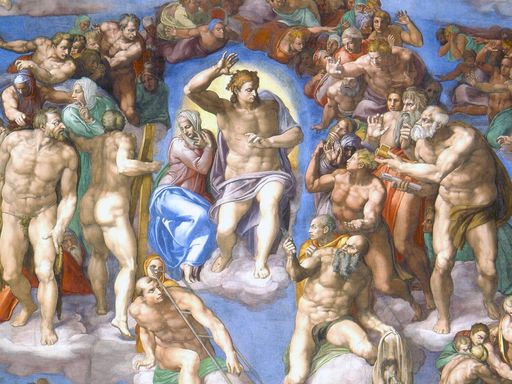
Job
Steve Gregg
In this 11-part series, Steve Gregg teaches verse by verse through the book of Job, discussing topics such as suffering, wisdom, and God's role in human suffering.

Job Introduction (Part 1)
In this talk, Steve Gregg shares his experience teaching the book of Job and how it can be a difficult read for many people. He discusses the different types of literature found in the Bible, including wisdom literature like Proverbs, Ecclesiastes, and Song of Solomon. He also explores the idea that

Job Introduction (Part 2)
In this second part of the introduction to the book of Job by Steve Gregg, he explores the question of why innocent people suffer. Gregg argues that this is a complex issue and that suffering is not a punishment from God. He highlights Job's loyalty to God despite suffering and suggests that the pur

Job 1 - 2
In "Job 1-2", Steve Gregg provides an in-depth analysis of the first two chapters of the Book of Job. He discusses the irony behind Job's counselor accusing him of withholding help for the poor and highlights the meaning behind the term "the adversary". Gregg also delves into the testing of Job by G

Job 3 - 5
Steve Gregg explores the concept of wisdom in the book of Job, particularly in chapters 3-5. He notes that while the wisdom literature suggests excellent advice, it may not always be applicable in every situation. He also comments on the perception that suffering is a punishment from God and points

Job 6 - 10
In this segment, Steve Gregg explores the dialogue between Job and his friends in the book of Job chapters six through ten. Gregg highlights how Job, despite agony and strife, maintains his faith in God, while his friends contend that suffering reflects sinfulness. The speaker emphasizes the complex

Job 11 - 17
Steve Gregg discusses the speeches given by Job and his friends in the book of Job. He observes that Job's responses have been interpreted as sarcastic, but the tone of voice is uncertain. Gregg notes that Job accuses his friends of speaking obvious things and not truly knowing God's thoughts. While

Job 18 - 22
In this segment, Steve Gregg delves into the speeches of Bildad the Shuhite in chapters 18-22 of the book of Job. Bildad accuses Job of being an oppressor to orphans and widows and implies that his suffering is a result of sin. However, Gregg notes that Bildad's view of suffering is limited, as he f

Job 23 - 28
In this talk, Steve Gregg provides insights on Job 23 - 28. Job discusses how he cannot see God, but God sees him, and that he treasures God's word as necessary food. He also questions the wisdom and counsel of his friends and asserts his righteousness. Gregg explains the meaning behind Job's words

Job 29 - 31
In "Job 29-31," Steve Gregg explores Job's final speech in these chapters. Job reflects on the importance of fearing the Lord and realizing the terror of rebelling against God. He also speaks of his past blessings and the sorrow he currently faces. Gregg analyzes Eliphaz's response to Job and the rh

Job 32 - 37
In this segment, Steve Gregg discusses Elihu's speeches in Job chapters 32-37. Elihu is presented as a young man with a fresh perspective, who becomes indignant when the other three men present fail to refute Job's claims of innocence. Elihu speaks of God as the giver of life and understanding, and

Job 38 - 42
The section of the book of Job, chapters 38 - 42, features God speaking to Job in passing references. The exact message God conveys to Job remains unknown. However, it is a recurring theme in Psalms, particularly in nature Psalms, that God sets boundaries for natural elements such as oceans and rive


